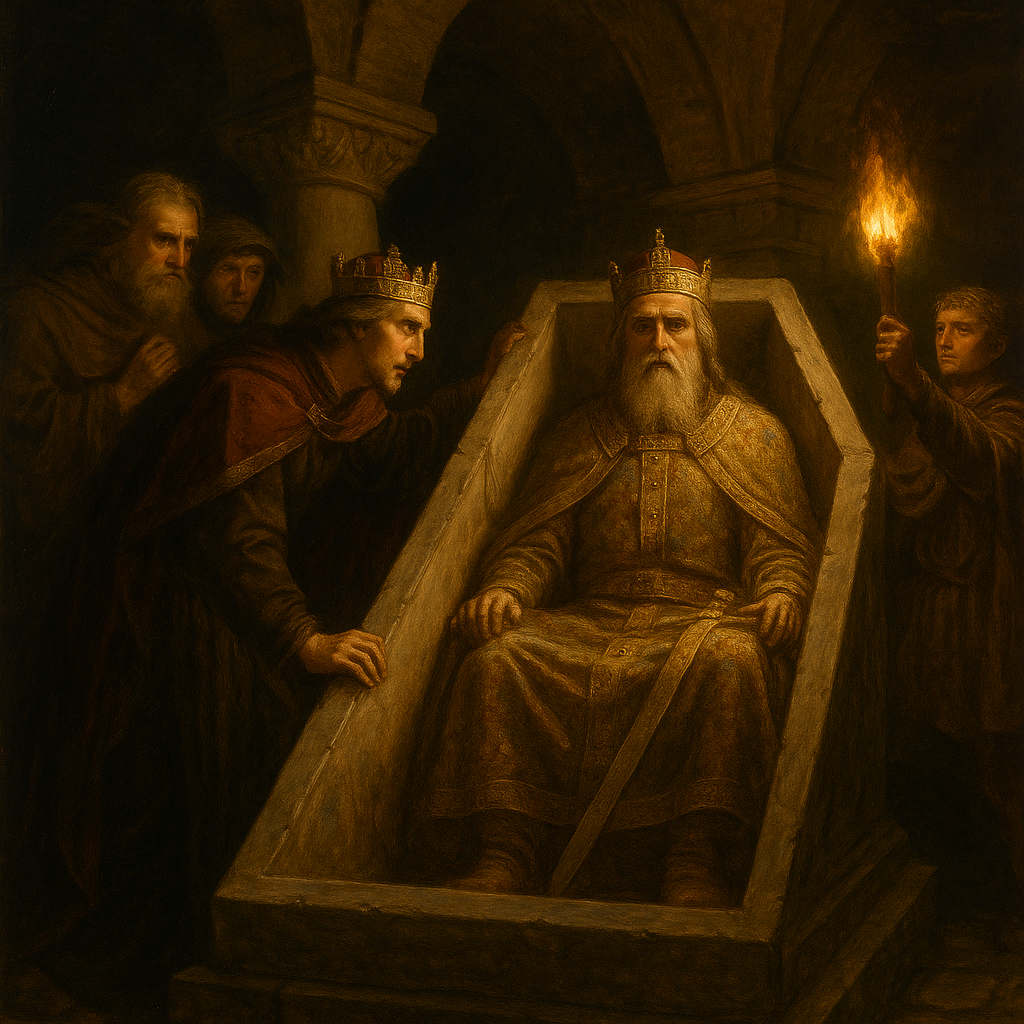
The First Olympic Games: A Celebration of Ancient Greece’s Glory

The first Olympic Games, held in 776 BCE in Olympia, Greece, marked the beginning of a tradition that would inspire humanity for millennia. These games, rooted in ancient Greek culture and religion, were more than mere athletic contests; they were a unifying event, celebrating physical excellence, honor, and devotion to the gods. Their legacy continues to resonate today, shaping the modern Olympic movement.
The ancient Olympic Games were closely tied to the worship of Zeus, the king of the Greek gods. Olympia, the site of the games, was home to a massive sanctuary dedicated to Zeus, including a towering statue considered one of the Seven Wonders of the Ancient World. The games were held every four years as part of a religious festival, and athletes from all over the Greek world traveled to compete in honor of Zeus.
Participation in the games was a sacred act. Athletes swore an oath to uphold fairness and trained rigorously for months. The games emphasized the Greek ideal of arete, or excellence, blending physical prowess with moral integrity. Only free Greek men were allowed to compete; women were prohibited from participating and even attending the events.
The First Recorded Games
The first recorded Olympic Games in 776 BCE featured a single event: the stadion race, a footrace approximately 192 meters long, equivalent to the length of the stadium. The winner of this inaugural race was Coroebus of Elis, a cook by trade, whose name became etched in history as the first Olympic champion.
Over time, additional events were introduced, including wrestling, chariot racing, and the pentathlon, which combined running, jumping, discus, javelin, and wrestling. Each event showcased skills valued in Greek society, particularly those related to warfare and physical discipline.
Cultural and Political Significance

The Olympic Games were a unifying force in ancient Greece, transcending political rivalries and fostering a sense of shared identity. During the games, a sacred truce, or ekecheiria, was declared, allowing athletes and spectators to travel safely to Olympia, even during times of war.
The games were not only a display of athletic excellence but also a celebration of Greek art, culture, and philosophy. Poets and sculptors immortalized victorious athletes in their works, while philosophers and orators used the games as an opportunity to share ideas and build reputations.
For the victors, the rewards were immense. Winners were crowned with olive wreaths, symbolizing glory and divine favor. Their cities often bestowed further honors, such as free meals, money, and statues in their likeness.
The Decline of the Ancient Olympics
The ancient Olympic Games continued for nearly 12 centuries, surviving political upheavals and changing times. However, they eventually declined due to the rise of the Roman Empire and the spread of Christianity. By 393 CE, Emperor Theodosius I, a Christian ruler, banned the games as part of his effort to suppress pagan practices. The once-grand Olympic sanctuary fell into ruin, and the games became a distant memory.
The spirit of the ancient Olympics was revived in 1896 with the first modern Olympic Games held in Athens, Greece. Inspired by the ideals of the ancient games, the modern Olympics sought to promote international unity, sportsmanship, and peace. Today, the Olympics remain a global phenomenon, drawing athletes and spectators from every corner of the world.
The ancient Olympic Games continue to inspire, reminding us of the enduring values of dedication, excellence, and the unifying power of sport. From their humble beginnings in Olympia to the grandeur of today's international spectacle, the legacy of the first Olympic Games lives on.


